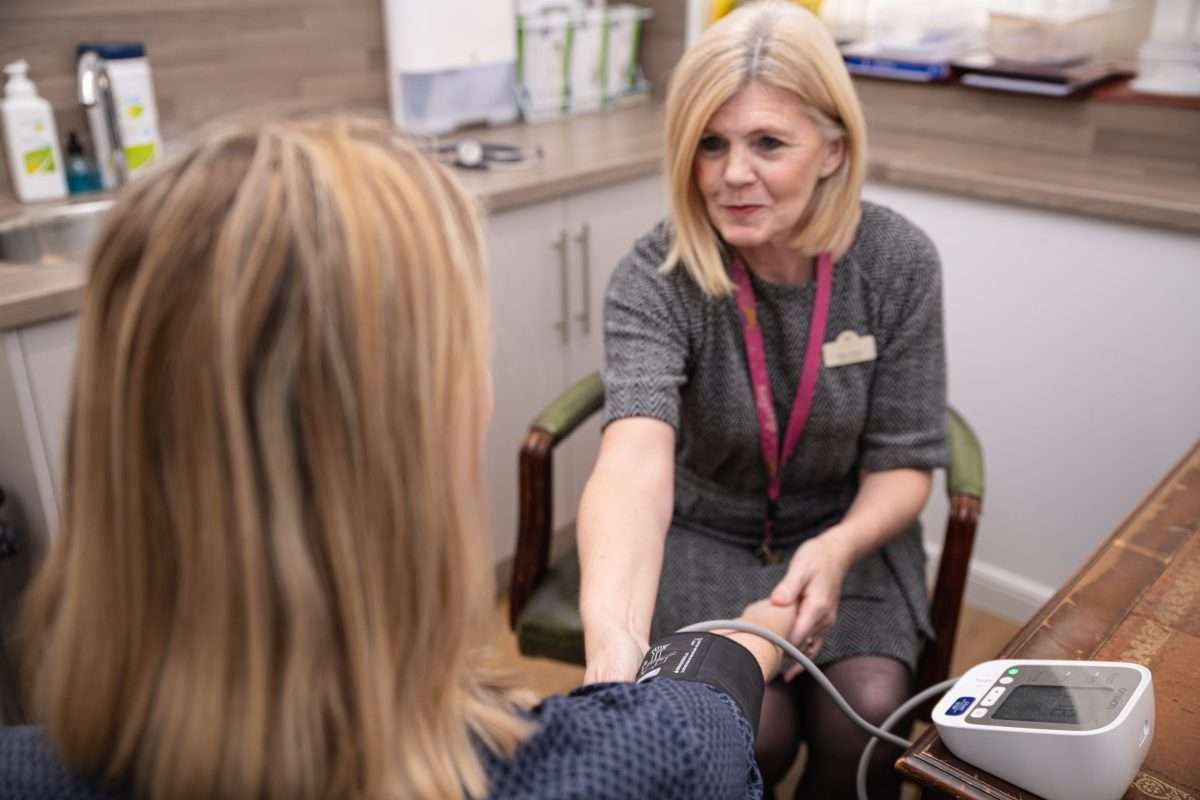
Alcohol Misuse Therapy
Alcohol is one of the most widely used substances in the world. For many, it’s a normal part of social events and celebrations. But while moderate drinking may seem harmless, there are many physical, psychological and social issues associated with it. This page looks at the short and long-term effects of alcohol and the risks involved.
The Effects of Alcohol Misuse
After one or two drinks alcohol begins to affect the brain, resulting in lowered inhibitions, impaired judgment and problems with coordination. These effects increase the risk of accidents and injuries especially when driving or doing physical activity.
Excessive alcohol use eventually takes a toll on your physical appearance and bodily function. Some of the short-term physical effects include:
- Flushed face: Redness around the cheeks and nose
- Stomach upset: Heavy drinking can wear away the stomach lining and cause nausea and discomfort
- Bloated stomach: Binge drinking can cause abdominal bloating
- Numb or tingly fingers and toes: Drinking can damage nerve endings
- Unsteadiness on the feet: Can lead to injury while intoxicated
- Injuries and bruises: From alcohol-induced accidents and fights.
- Diarrhea: Damage to the stomach lining and altered fluid absorption
- Urinary incontinence: Inability to control your bladder especially when unconscious
- Increased infections: Weakened immune system from persistent use
- Unkempt appearance: Poor personal hygiene and smelling of alcohol
- Alcohol intoxication: Excessive drinking increases your risk of alcohol poisoning
When you stop drinking you may also experience unpleasant withdrawal symptoms such as shaking, sweating, nausea and seizures.
How Does Alcohol Misuse Affect Mental Health?
Many people turn to drinking because they feel it helps them relax, however, alcohol and its effects can have severe consequences on mental health and well-being. Heavy drinking alters brain chemistry which results in altered cognitive functions and mood.
Drinking too much alcohol can also impact your mental well-being in several ways, including:
- Depression as a result of the self-loathing associated with drinking
- Anxiety due to increased alcohol consumption for relaxation
- Memory loss (amnesia) as alcohol depletes vitamin B
- Confusion and lack of concentration as a result of this vitamin B deficiency
- Hallucinations can occur in severe cases of alcohol addiction
- Suicidal ideation, from feelings of low self-worth, severe depression or risky behaviour
Drinking can also lead to long-term mental health conditions like alcohol-induced psychosis and exacerbation of existing conditions. The cycle of drinking to cope with negative emotions only emphasises these feelings and can be hard to break without proper treatment and support.
Long-Term Health Risks of Alcohol: Liver Disease, Cardiovascular Issues, Cancer
Drinking too much can have serious health consequences, especially for your organs. Heavy drinking is the leading cause of liver disease including cirrhosis where scar tissue replaces healthy liver tissue, impacting its ability to function.
Alcohol-related liver disease progresses in three stages. Fatty Liver Disease (Steatosis) is the first stage where excessive alcohol consumption causes fat to accumulate in the liver, often with no symptoms. In some cases, nausea, weight loss and fatigue may occur. Stopping alcohol can reverse this condition. Alcoholic Hepatitis is the second stage of alcohol-related liver disease, with around 40% of people with steatosis developing the condition. Symptoms of this include a swollen stomach, jaundice and confusion.
Steatosis and alcoholic hepatitis can be treated, but the effectiveness of treatment depends on the severity of the condition and how early it is diagnosed. Cirrhosis is the final and irreversible stage where the liver is severely damaged, with symptoms including vomiting blood and itchy skin.
Over time alcohol can also weaken the heart muscle and increase the risk of high blood pressure, heart disease and stroke. Chronic drinking also increases the risk of several cancers including mouth, throat, liver and breast.
Social Risks: Broken Relationships, Job Loss and Legal Troubles
In addition to the physical dangers associated with drinking alcohol, it can also affect personal and professional relationships. Regular drinking can lead to arguments with family and friends, broken relationships and social isolation. At work, drinking can result in absence, decreased productivity and even job loss. Drinking-related offences like drunk driving, public intoxication and disorderly conduct can lead to legal trouble including fines, imprisonment and a criminal record.
Moderate Alcohol Misuse vs Dependence
Alcohol dependence is when you move from casual drinking to a state where you need alcohol to function. Unlike moderate drinking where alcohol use is controlled and occasional, dependence is a compulsive need to drink, often to relieve stress or avoid withdrawal symptoms. The body and mind adapt to regular alcohol use and it becomes hard to stop.
Alcohol use disorder (AUD) is characterised by the inability to control your drinking, continuing to drink despite the negative consequences and experiencing withdrawal symptoms – anxiety, tremors or nausea – when you stop. Many people with alcohol use disorder require alcohol in order to function day-to-day. AUD affects your personal and professional life and professional help is the best way to ensure you overcome it.
If your alcohol use is impacting your life, whether you have a problem yourself or you’re concerned about someone you know, we advise you to seek help as soon as possible. Unsupervised alcohol withdrawal can be dangerous, and having the right treatment and support will increase your chances of overcoming alcohol addiction and maintaining abstinence.
